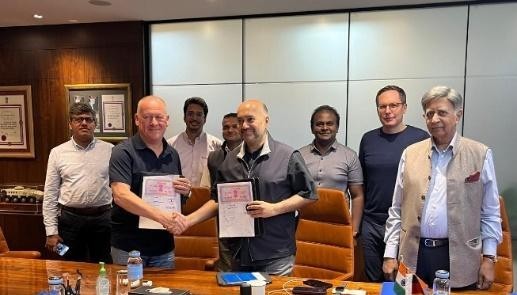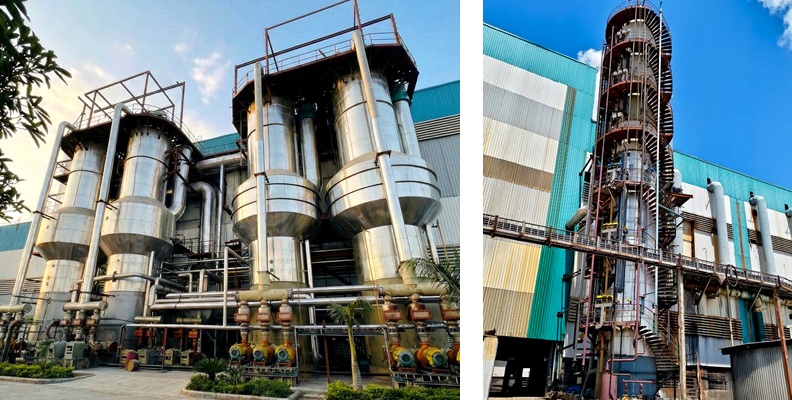Schedule a Call Back
MAHLE promotes technological diversity in transportation
 Industry News
Industry News- Jul 23,24
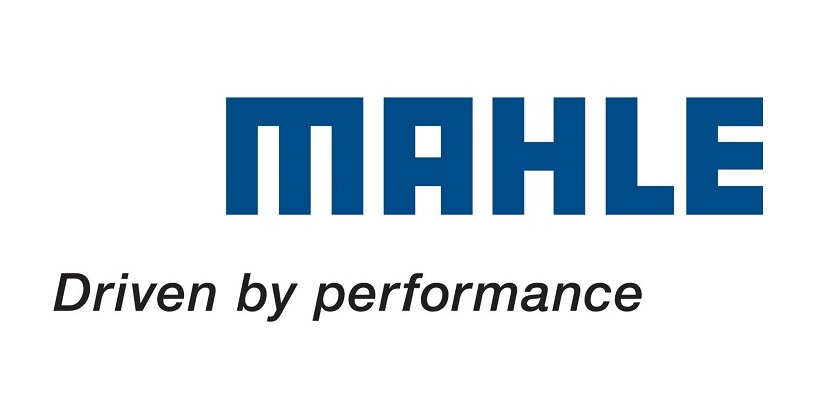
Related Stories
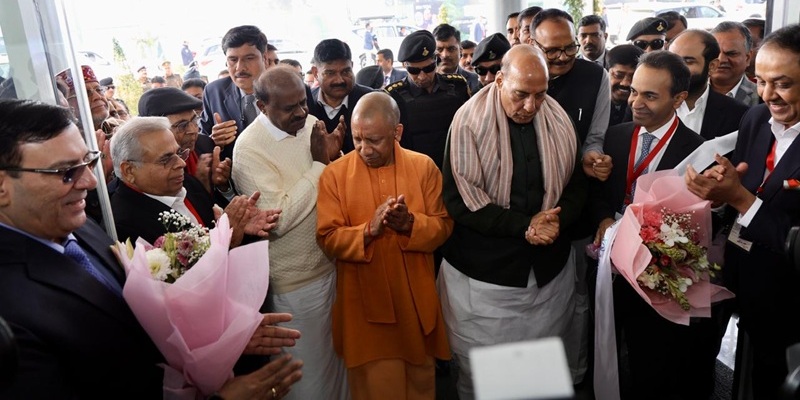
Ashok Leyland opens green mobility-focused greenfield plant in Uttar Pradesh
Designed primarily for electric vehicle manufacturing, the plant has an annual production capacity of up to 5,000 vehicles.
Read more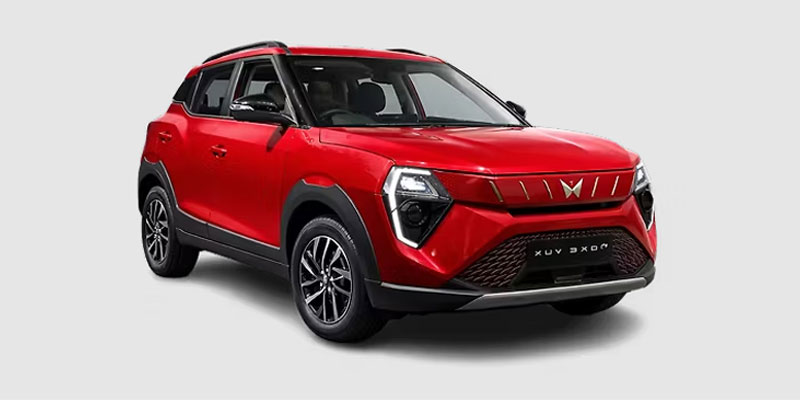
Mahindra Launches XUV 3XO EV With New Electric Powertrain
Electric SUV debuts with 39.4 kWh battery from Rs 1.39 million
Read more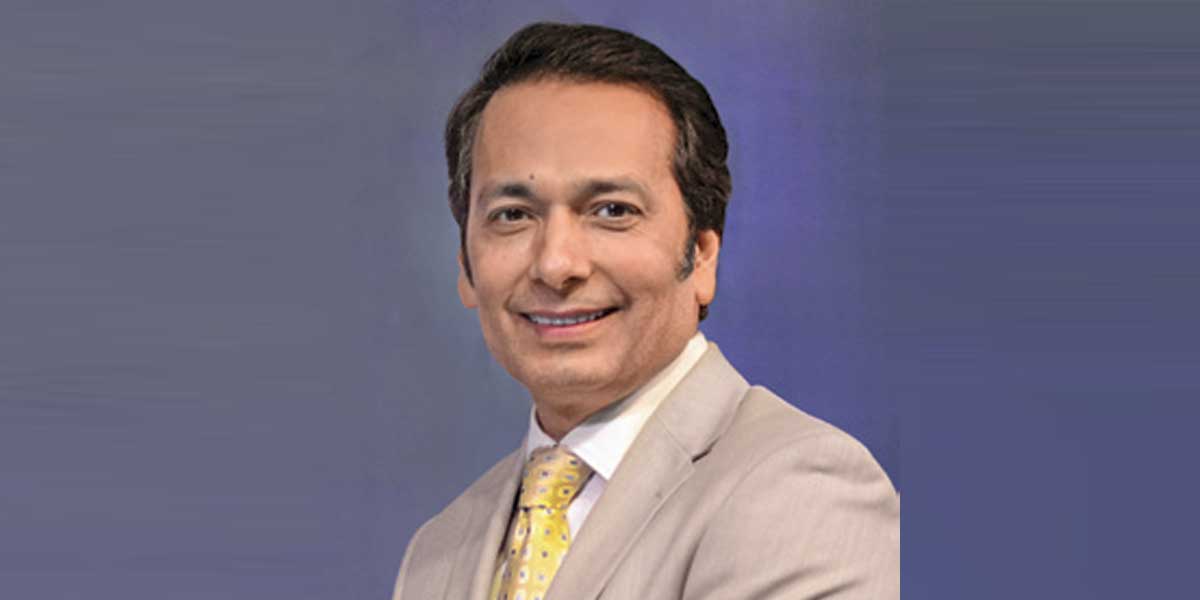
Rewarding Manufacturing Resilience
Effective January 1, 2026, Mexico imposed import duties ranging from 5 per cent to 50 per cent on a broad set of goods from non-free trade agreement (FTA) countries, including India, China, South Ko..
Read moreRelated Products

Automotive Oil Pump
Kalpak Auto Pvt Ltd offers a wide range of
automotive oil pump.
Tata Motors unveils facilities for development of Hydrogen propulsion tech
Tata Motors, India?s largest automobile company, unveiled two state-of-the-art & new-age R&D facilities for meeting its mission of offering sustainable mobility solutions. The unveilings constitute of Read more
Tata Motors plans petrol powertrain for Harrier and Safari SUVs
Tata Motors is in the process of developing a new petrol powertrain for its premium sports utility vehicles, the Harrier and Safari, as confirmed by a senior company official. Currently, these models Read more





